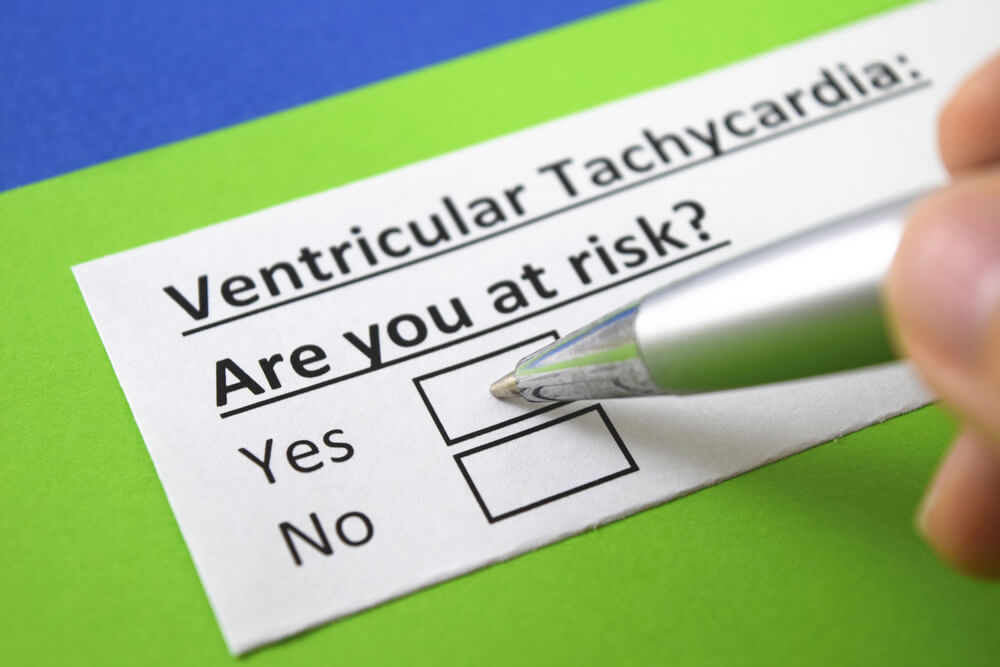Ventricular tachycardia is a condition wherein the heart heart beats very fast brought about by unusual electrical signals in the lower parts of the heart, called ventricles.
Your heart beat is directed by electrical signals within the heart tissues. Normally, the heart beats around 60 to 100 times each minute when resting and is characterized by signals that begin in the upper areas of the heart or atria.
In ventricular tachycardia, irregular electrical signals in the ventricles cause the heart to thump quicker than typical, generally at least 100 beats per minute, unmatched with the upper chambers.
When that occurs, your heart will be unable to pump blood properly to your body and lungs due to the fact that the chambers are beating quickly that they don’t have the opportunity to fill appropriately.
Ventricular tachycardia might be brief, going on for just a couple of moments, and maybe not bring about any symptoms. Or on the other hand, it can keep going for longer and cause symptoms such as dizziness, palpitations or fainting.


